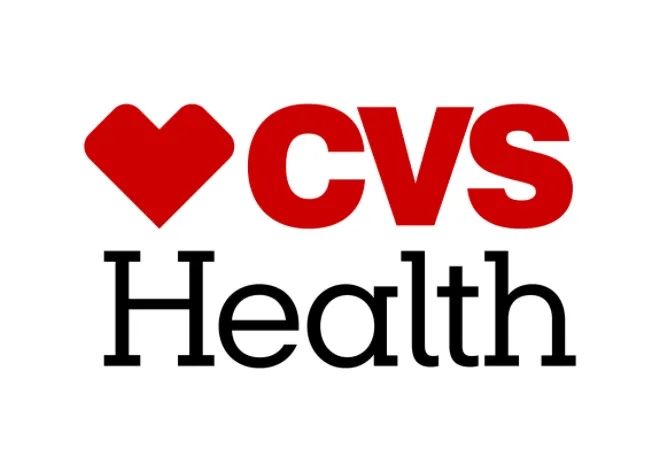Once again, the National Association of Chain Drug Stores, together with the National Community Pharmacists Association, has stepped forward to defend the vital interests of retail pharmacy and the patients the profession serves. Acting in concert with nine of their members, the organizations have initiated legal action to prevent the merger of Express Scripts and Medco Health Solutions, two of the nation’s three largest pharmacy benefit managers.
Filed in federal court for the western district of Pennsylvania, in Pittsburgh, where the nine companies (10-store Kopp Drug, eight-store Klingensmith Drug, five-store Hometown Pharmacies and four-store Thompson Pharmacy, all NACDS members, and the five others) either are headquartered or have outlets, the lawsuit seeks to derail a $29 billion transaction that would result in a PBM of unprecedented scale and marketplace clout.
The complaint asserts that the deal, which received the blessing of the Federal Trade Commission four days after the suit was filed, would bring about the creation of a single entity with control of pharmacy benefits for 155 million people in this country, about half of all Americans.
That claim and others in the suit are in alignment with the findings of congressional committees that looked into the matter. At a Senate hearing chaired by Herb Kohl (D., Wis.), it was revealed that Express Scripts-Medco would account for 40% of all PBM transactions, more than 1.1 billion annually, and have a 60% market share in the mail-order pharmacy business and a 50% share in specialty pharmacy. In and of themselves, those figures were certain to give regulators at the FTC pause when considering the merger.
The lawsuit highlights the potential impact of the deal even more dramatically by framing it in terms of the individual plaintiffs. To cite just two examples: If the merger is approved, Express Scripts-Medco would control 56% of the PBM revenue generated by Kopp, which serves some 60,000 patients and fills more than 520,000 scripts per year. At Hometown Pharmacies the effect would be even more substantial. The combined PBM would account for 60% of the prescriptions filled every year. The suit says that if Express Scripts-Medco were to insist on “noncompetitive or even below-cost prices for retail pharmacy services,” companies would be forced to walk away from the business, a major blow to them and to the customers who rely on those pharmacies.
The threat is very real. Walgreens is in the midst of a much publicized battle with Express Scripts over those issues. In January the drug chain was forced to stop serving Express Scripts customers after rejecting contract renewal terms that Walgreens executives said included below-market rates and other onerous terms. The scenario could be a preview of coming attractions for the entire community pharmacy industry if the courts allow the Express Scripts-Medco merger to go forward.
Coming as it did before the FTC acted, the lawsuit may have been intended, in part, to prompt the commissioners to take one more hard look at the deal before coming to a conclusion. Now intervention by the federal courts is the last chance to stop the combination of the two PBMs.
Assuming the district court grants a temporary injunction while the matter is being adjudicated, the lawsuit will prevent considerable damage to the industry. The value of that strategy was demonstrated when NACDS and NCPA mounted a successful legal challenge to the Centers for Medicare and Medicaid Services’ plan to implement the average manufacturer price provision under the Deficit Reduction Act. That move saved pharmacy operators $6 billion. What’s at stake in the Express Scripts-Medco merger is even more consequential.




